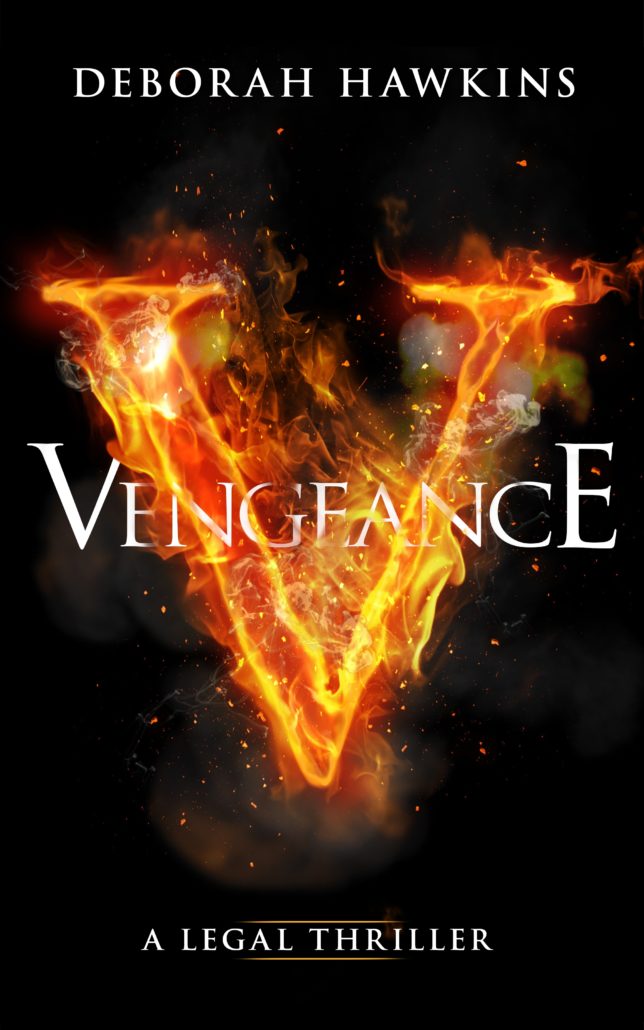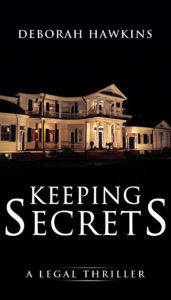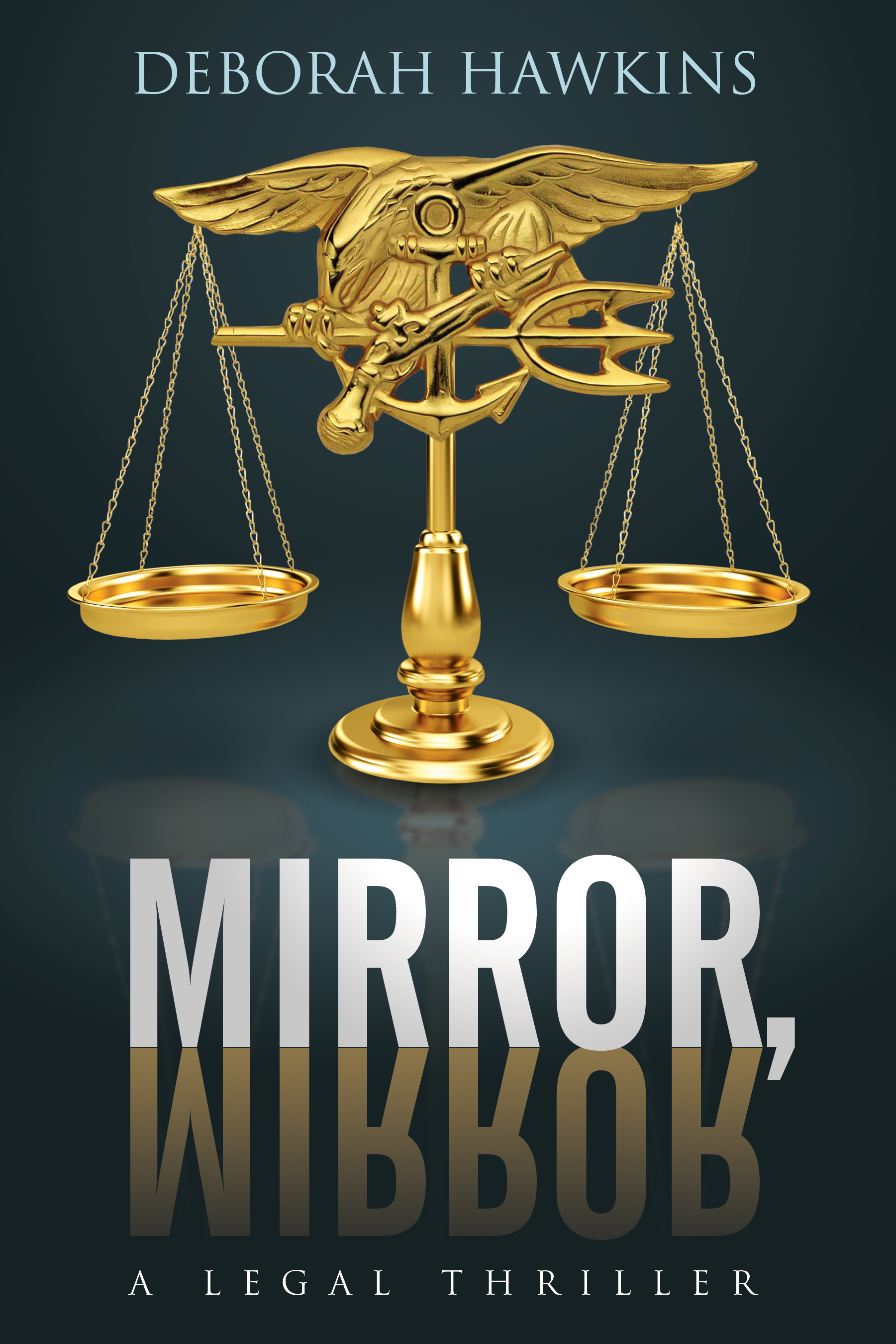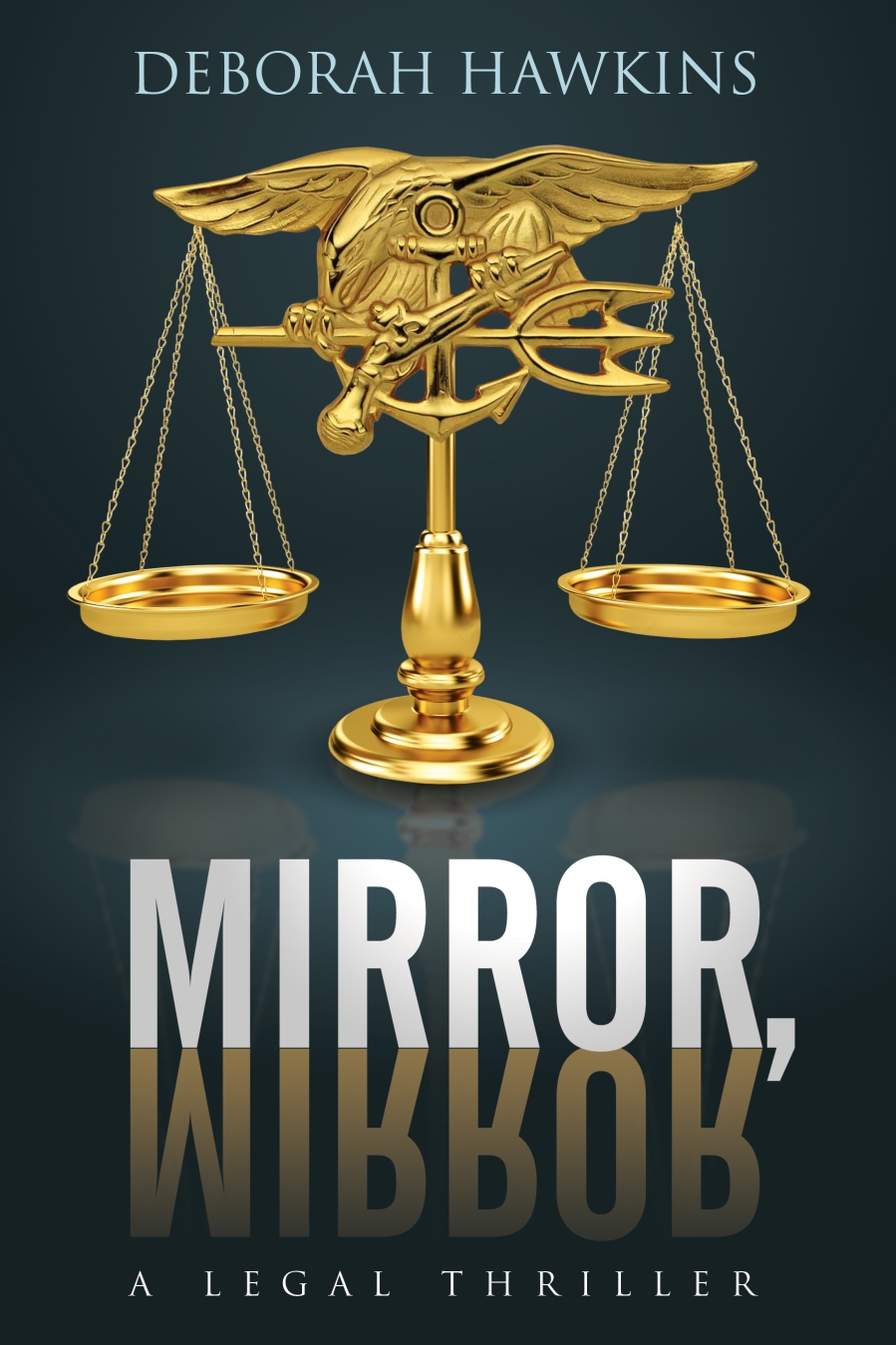Vengeance, A Legal Thriller

PROLOGUE
Monday, January 8, 2018, Georgetown, District of Columbia
Someone was trying to kill her. But Charlotte Estes had no idea who. Or why.
For months there had been footsteps behind her in the Metro at night. Yet when she’d glanced back, no one had been there. When the footsteps had stopped, there had been the car that had almost run her down in the crosswalk in front of her office at lunchtime. The witnesses had all said it looked deliberate. Detective Merrill of the D.C. police had warned her to be careful.
It was freezing outside when she closed the door of her townhouse on O Street at four o’clock, ready to do her favorite neighborhood run for the last time. The ink had been dry on the merger agreement with Goldstein, Miller for months. The Estes Law Firm’s offices on K Street had long been emptied, and the firm’s sixty-five attorneys had been disbursed throughout Goldstein, Miller’s web of national and international offices. She, alone, had remained behind to oversee the final arrangements for the end of the criminal defense firm that she and Matt had built together. Now The Estes Firm and Matt were dead, and the bits and pieces of her life with her husband were boxed and ready for the moving van in the morning. She was headed back to San Diego where she had been born.
She began to run slowly to warm up, but also so that she could savor the quaint, European atmosphere of her neighborhood for the last time. When she reached M Street, she passed the red brick townhouse, sandwiched between the antique store and the Thai takeout joint, where she and Matt had started their firm in 1985. Her eyes misted over as she pictured her husband as he’d been in those days. Dark hair, gentle gray eyes. A trim five feet, eight, with a ready smile, a generous disposition, and a keen intelligence. She had never imagined her life without him. Yet here she was, running from their shared past, looking for the comfort of oblivion a continent away.
When she reached Wisconsin, she turned left and headed for the path along the C & O Canal. The late afternoon light was thinning, and she knew for security reasons she shouldn’t go far because sunset was imminent. But she wanted to say goodby to one of her favorite places, a place where she and Matt had often run together in the days when she’d never imagined anyone or anything coming between them.
She increased her pace when she reached the canal path. Her father, the track coach, had taught her how to maximize her endurance. Obviously she hadn’t the speed or the mileage she’d had at UCLA all those years ago when her track scholarship had paid for her undergraduate degree. But if her father were still alive, he’d have been proud of the distance she still covered every week at age fifty-eight.
Overhead, the trees were bare and brown. It was hard to believe that in twenty-four hours she’d be in the lush, eternal sunshine of Southern California. She had mixed feelings about leaving her home of more than thirty years. But Matt had been gone since mid-November, and she wasn’t making any progress with moving on with her life. Every street corner, every restaurant, every nook and cranny of their house on O Street was full of memories that haunted and tormented her because she could not understand why Matt, the one person she had trusted without question for over thirty years, had died in another woman’s bed.
There had been no sign that anything was amiss in their marriage, she thought as she ran. Or had she been too quick to overlook the nights he’d stayed late at the office in the months leading up to his death?
The sunlight was dissipating rapidly. The D.C. detectives had warned her about what she was doing at that very minute. Another reason to leave town. Surely whichever disgruntled, but unidentified client, had tried to run her down on K Street in early December wouldn’t bother to follow her all the way to San Diego. Today was her anonymous assassin’s last chance. Death threats came with the territory of criminal defense work. But actual attempts were rare. Charlotte turned back toward home, suddenly aware that she’d pushed the envelope farther than she’d intended. She quickened her pace yet again. And then she heard the crack of the rifle shot coming from the trees behind her.
Coming soon! For more information, check out https://deborahhawkinsfiction.com










